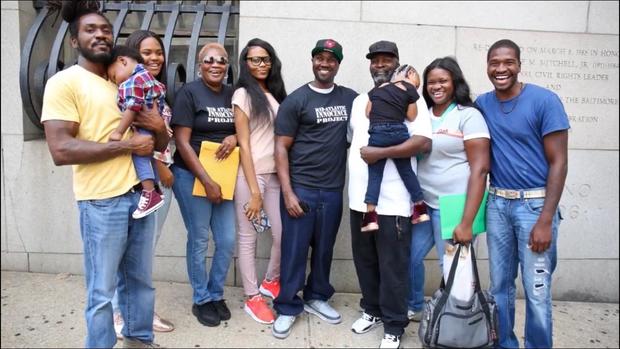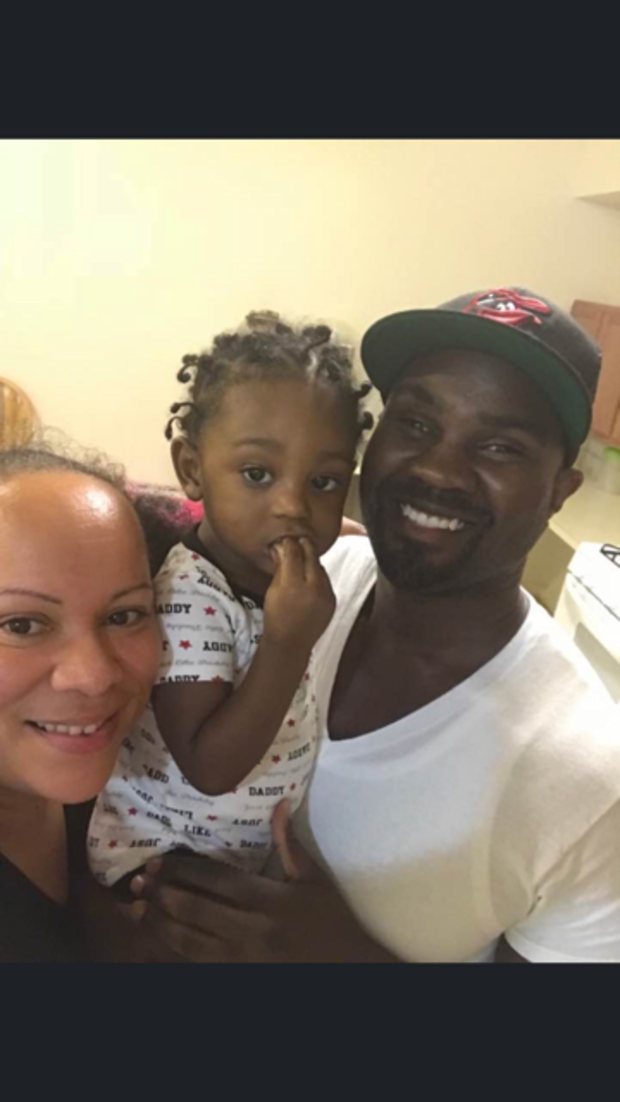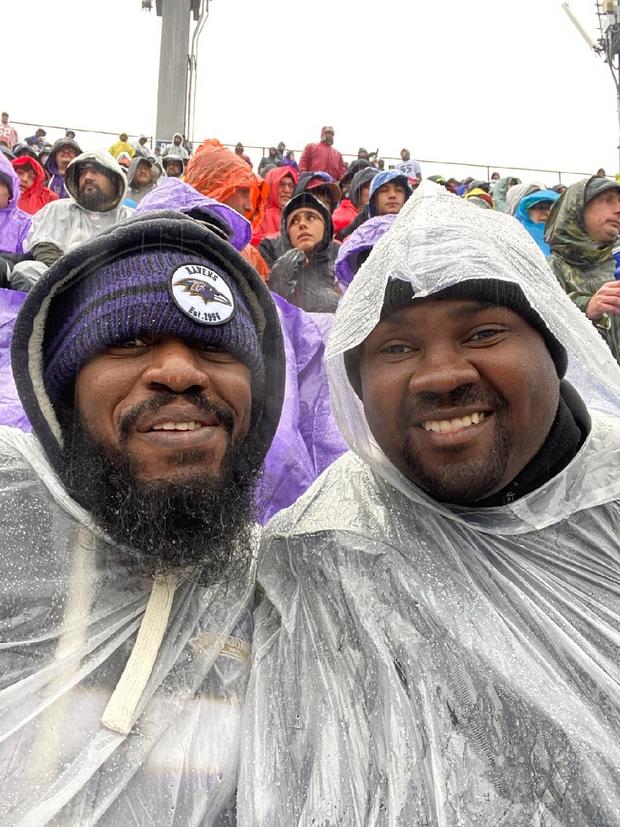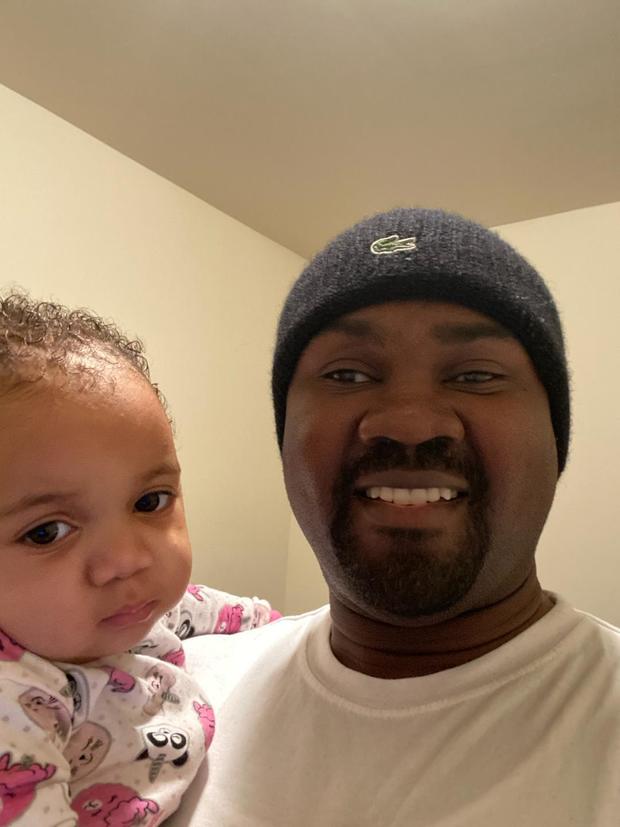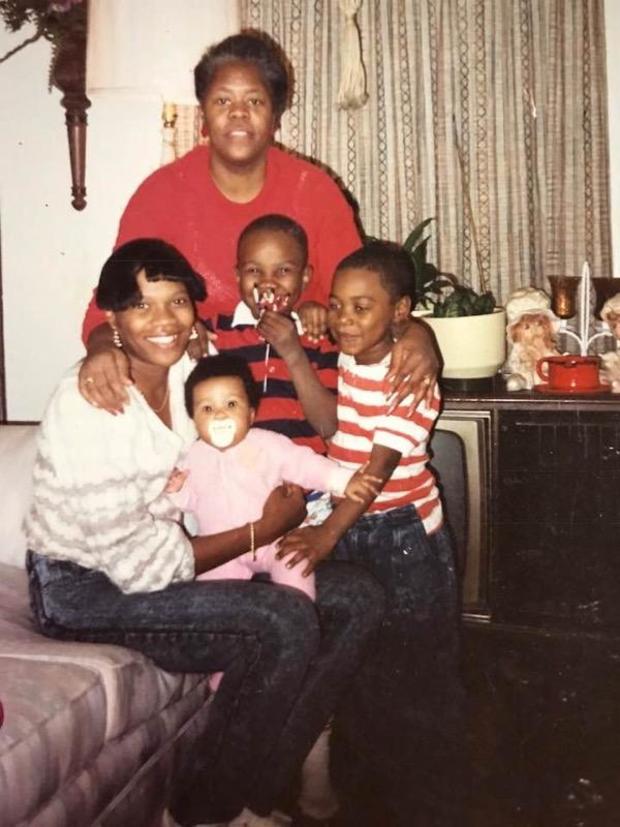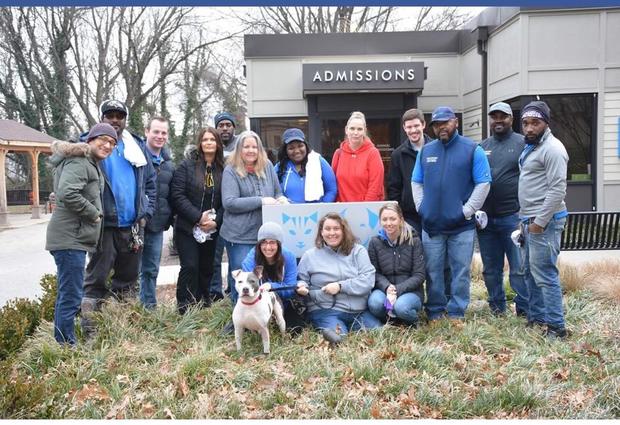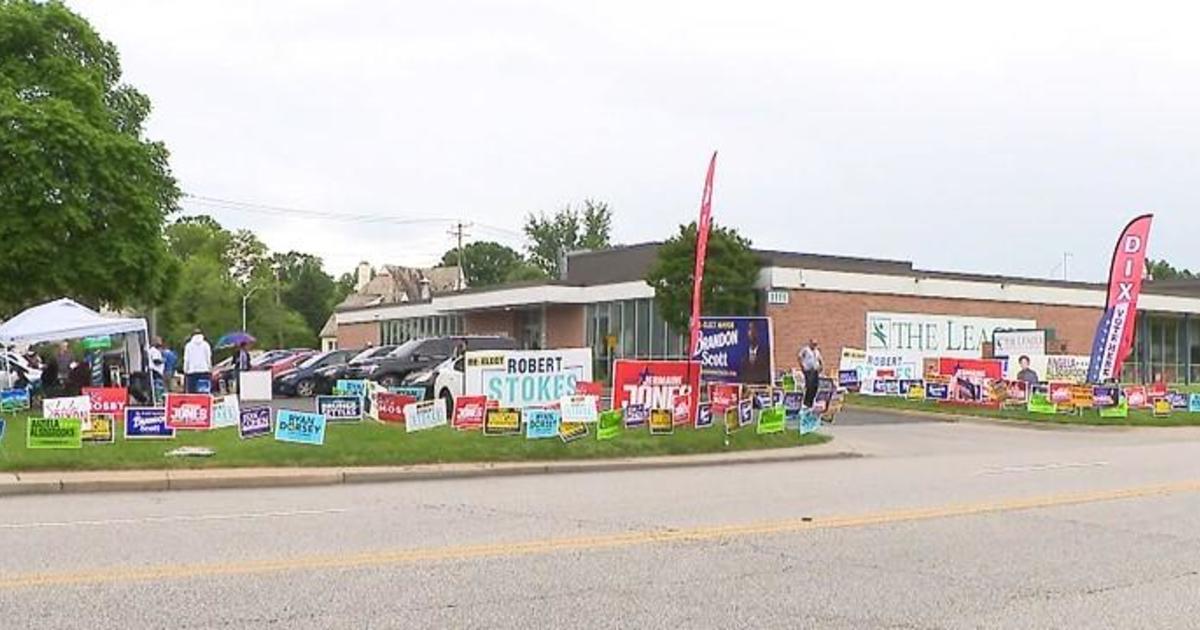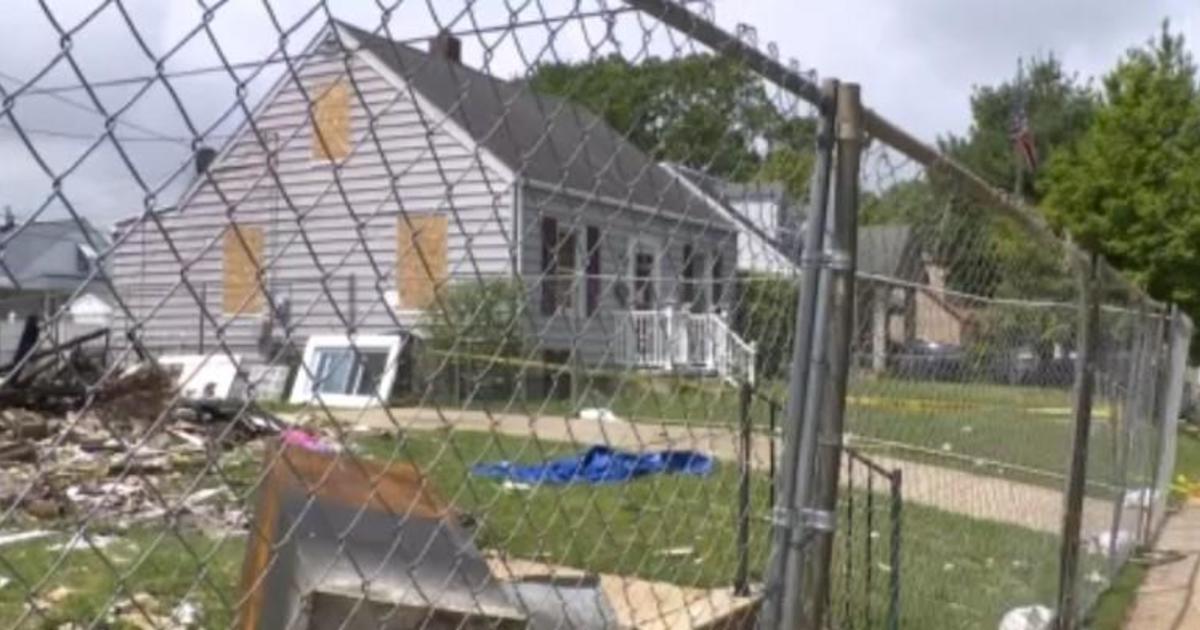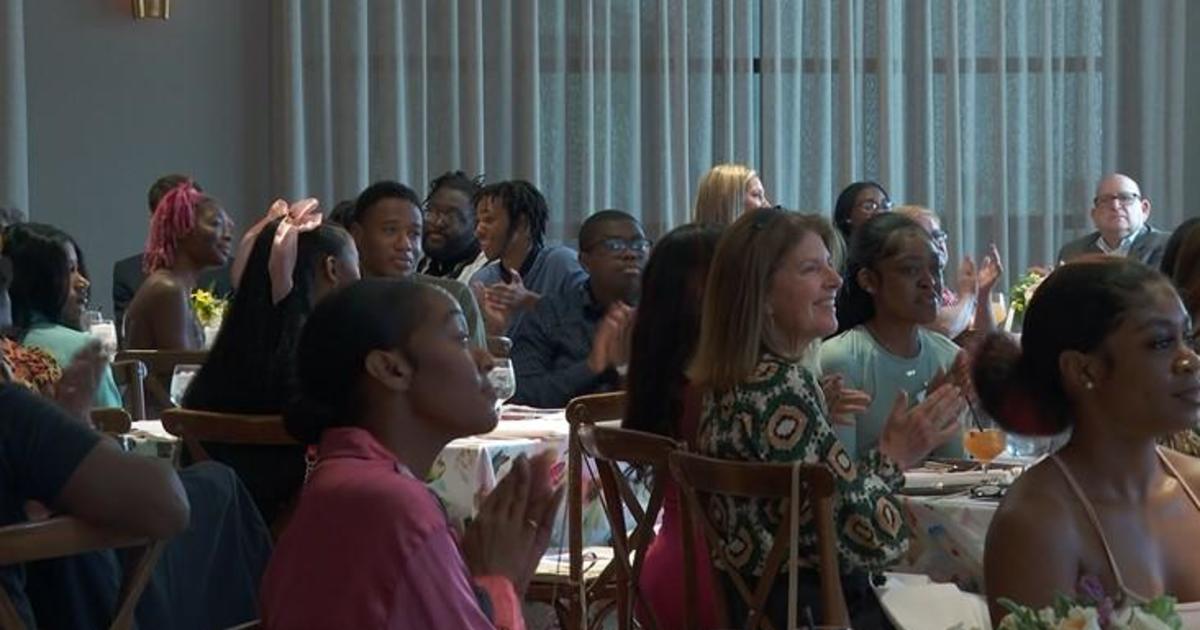'It's As If The Nightmare Is Finally Over' | Wrongfully Convicted Baltimore Man Among Thousands Working To Regain Their Independence
BALTIMORE (WJZ) -- Somewhere in Baltimore, and around Maryland, there are men and women who cannot sleep. They do not like big crowds, are suspicious of everyone around them, and lack some of life's basic needs, all because years of their lives were taken away; they were wrongfully convicted.
Now they must learn how to enjoy their freedom after spending decades in a place where they were told when to get up, shower, eat and go to sleep.
A day that was 36 years in the making; Alfred Chesnut, Ransom Watkins and Andrew Stewart walked into fresh air as free men. They were wrongfully convicted of the murder of Dwayne Ducket at the Harlem Park Middle School in 1983.
3 Men Exonerated After Spending 36 Years In Prison For Teen's Murder
From day one, they proclaimed their innocence, a fact that was proven by the Mid-Atlantic Innocence Project and the Baltimore State's Attorney's Office of Conviction Integrity.
This, however, is only one case of those who were wrongfully convicted.
Since 1989 nationwide, 2,548 people were released from prison because they were incarcerated for a crime they did not commit; decades of their lives lost.
A Closer Look At Some Of Those Wrongfully Convicted In The State Of Maryland
Lamar Johnson, 36, was wrongfully convicted, accused of a murder that happened on March 26, 2004. The victim, Carlos Sawyer, 31, was shot on the corner of McElderry Street and Patterson Park Avenue.
Johnson was more than six blocks south on North Collington Avenue. He served 13 years in prison.
Lamar Johnson: "The shooter had an all-black T-shirt on, and my picture was in the photo lineup with an all-black T-shirt on, and they said I looked like the shooter."
WJZ's Vic Carter: "Do you look like the shooter?"
Johnson: "I look nothing like the shooter. We are just both dark-skinned."
Carter: "Do you know the real shooter?"
Johnson: "No. To this day, I don't know how it happened. I said, 'No, y'all got the wrong person.' They said we got two people who I have identified you. I said, 'This is a mistake.'"
The number one cause of wrongful conviction is eyewitness error.
Shawn Armbrust is the Executive Director of the Mid-Atlantic Innocence Project, an agency that works to free people locked up for a crime they didn't commit.
Armbrust said the reason people are wrongfully convicted range from detectives under pressure to make arrests, to equally overworked and underfunded prosecutors seeking convictions, to public defenders who have high caseloads, poor evidence, coerced confessions or pressured witnesses.
"We are not talking about lying," Armbrust said. "We are talking about witnesses who tried to make an identification and got it wrong. It's really hard to expose that in court because they aren't lying. They are telling the truth as they believe it."
In most cases, the wrongfully convicted are poor, black and live in areas where there is high crime.
"The cynic in me says to be born white and wealthy so that you don't find yourself the target of this or the victim of any kind of implicit bias," Armbrust said.
For people like Johnson, getting out of prison can be almost as traumatizing as being locked up. He, and many others, have had to learn how to live free.
Johnson: "I need to do therapy. I still have a long way to go because I still have to grow as a person."
Carter: "When you walk the streets of Baltimore, a free man, how does that feel?"
Johnson: "It feels surreal. Sometimes I wake up and can't believe that I'm actually home. It's as if the nightmare is finally over. I don't take anything for granted; just being able to walk down the street, go to the store, it just feels good to be free."
Johnson is one of the lucky ones. He has his own place to live, is working for a local real estate company, and now, he wants to pay it forward, possibly starting his own non-profit to help others like him who have been freed from prison to regain portions of the life they have lost.
